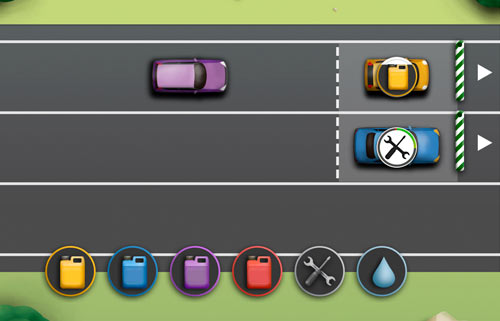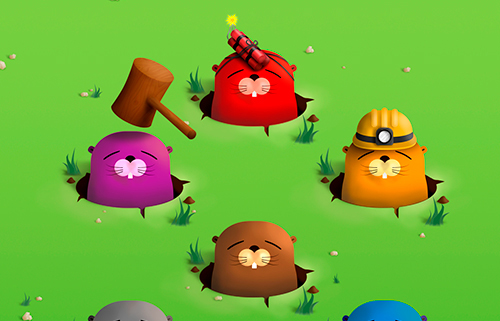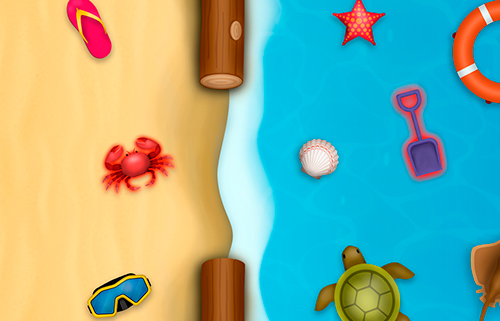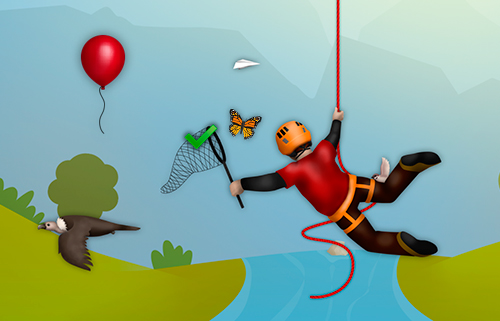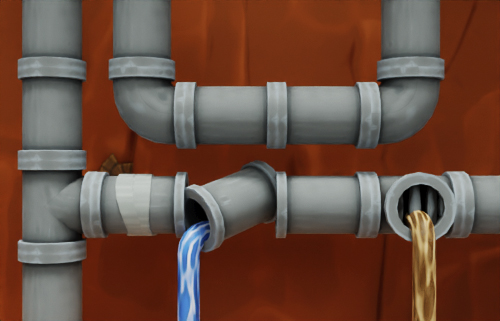
Multi-platform
Brain Game: Pipe Panic
Cognitive Brain Training Game
Play "Pipe Panic" online and boost your cognitive abilities
Access this scientific brain training resource
Challenge your brain
"Pipe Panic" is a mental game aimed at training reaction time, hand-eye coordination, and visual perception. The objective of the game is to identify the different faults that appear in the pipes and fix them with the corresponding tools. As you advance in level, the speed at which the faults appear will increase and the level of demand for the repairs will be higher.
CogniFit has designed this game in order to stimulate our reaction time and hand-eye coordination. "Pipe Panic" is a perfect choice to stimulate our minds and help strengthen our cognitive abilities in a fun and interactive way. It is a game suitable for anyone of any age as the difficulty of the game is adjusted according to the needs of each user.
Mind games such as CogniFit's "Pipe Panic" allow us to train our visual perception and help stimulate cognitive abilities through neuroplasticity.
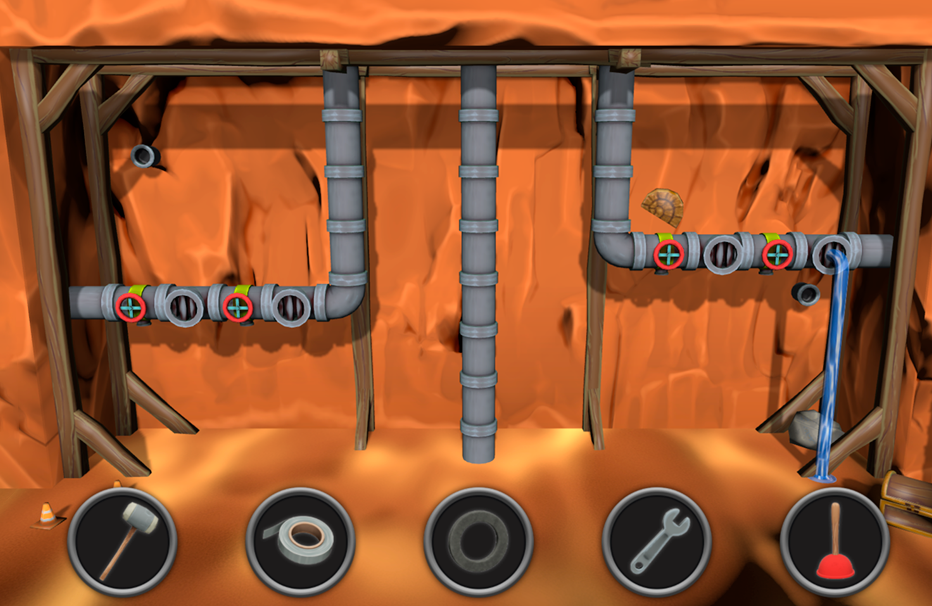
Identify the type of pipe failure that is occurring
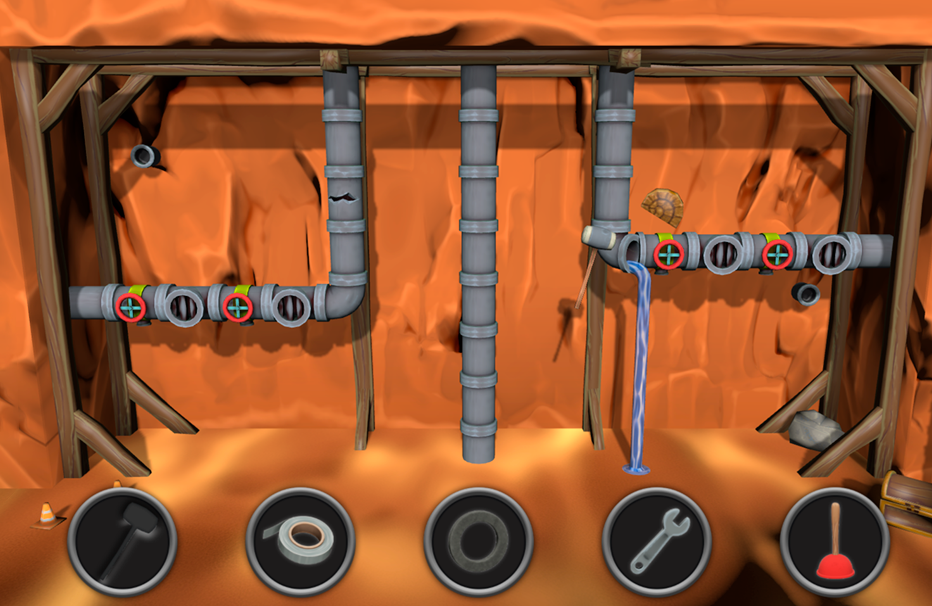
Chooses the right tool to fix the fault
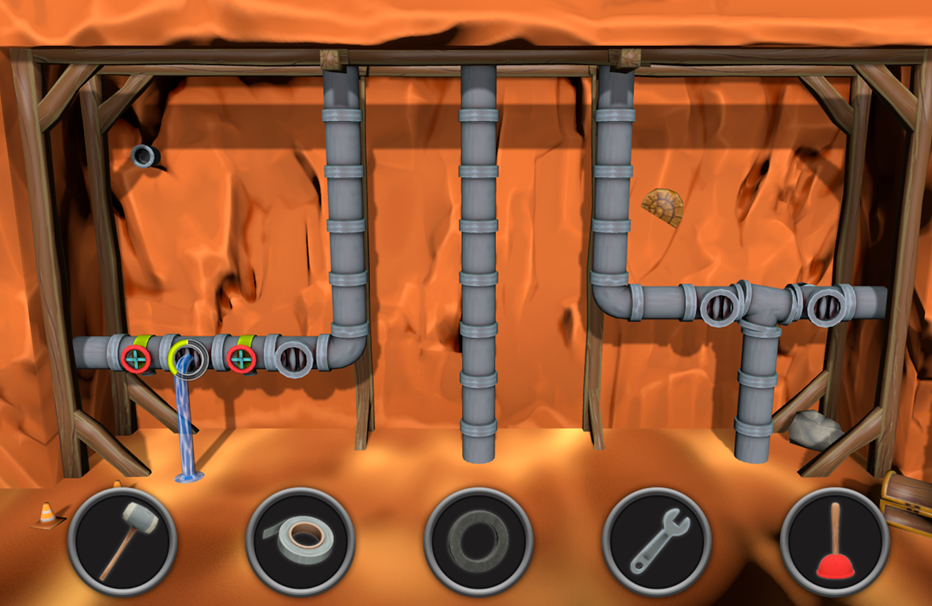
Performs the specific action of the chosen tool to fix the fault
What makes "Pipe Panic" so popular? - History
Reaction time and hand-eye coordination games, such as "Pipe Panic", help users manage their cognitive resources to optimize their performance. This helps them to set increasingly complex goals that will require greater dexterity of the cognitive abilities involved, helping to stimulate them.
How does the mind game “Pipe Panic” improve my cognitive skills?
Playing "Pipe Panic" stimulates a specific neural activation pattern. Consistently repeating and training this pattern can help optimize neural connections, and help neural circuits reorganize and recover weakened or damaged cognitive functions.
"Pipe Panic" helps to exercise reaction time, hand-eye coordination, and visual perception. Consistently stimulating these skills can help create new synapses and improve cognitive functions.
What happens when I don't train my cognitive abilities?
Our brain tends to save neural resources for those functions that it does not use on a regular basis. Thus, if a cognitive skill is not normally used, the brain does not provide resources for that pattern of neuronal activation. This makes us less able to use that cognitive function, making us less effective in our day-to-day activities.




